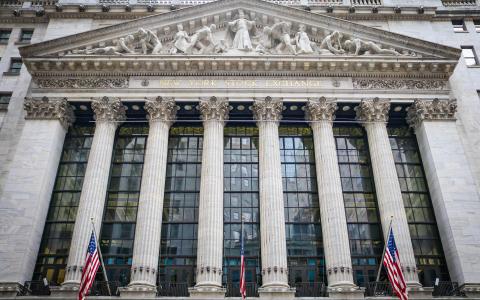
(Bloomberg) - Equities and other risk assets will take a hit when central banks withdraw as much as $800 billion of stimulus deployed to prop up the global economy, according to Citigroup Inc.

The risk rally has been fueled by the injection of over $1 trillion of central bank liquidity, and high-frequency liquidity indicators suggest this is already stalling, Matt King, Citi’s global markets strategist, wrote in a note published late Tuesday in New York. Apart from monetary support deployed by other central banks, the Federal Reserve has also bolstered its balance sheet by $440 billion in the wake of the US banking crisis, he said.
Together, this global wave of policy support has “held down real yields, propped up equity multiples, and tightened credit spreads in the face of falling earnings expectations,” King wrote.
Now, that support is set to unwind as China’s central bank reins in easy policy settings amid robust growth, while its peers in the US and Europe rekindle quantitative tightening, according to King.
He told Bloomberg’s Odd Lots podcast last month that “stealth” quantitative easing from global central banks has fueled the market exuberance.
“We now expect almost all of them to stall or go into outright reverse. We think this could subtract $600 billion — 800 billion in global liquidity in coming weeks, undermining risk in the process,” he wrote in the note. “With peak liquidity past, we would not be at all surprised if markets were now to experience a sudden pressure loss,” he said.
King’s views come after US stocks climbed 8.2% this year, helped along by a surge in tech stocks that has pushed the NYSE FANG+ Index higher by 36%. Bitcoin, a popular gauge of risk, has almost doubled since end-December.
Others have also become skeptical of the risk rally this year. Nick Ferres, chief investment officer for hedge fund Vantage Point Asset Management, said equity market pricing was overly optimistic.
“Market breadth supporting the rally has been extremely poor,” Ferres said in a Wednesday note. “Equity investors appear to want all the benefits of rate cuts without enduring the pain that would warrant them.”
(Updates with comment from Vantage Point. An earlier version corrected amount of stimulus in headline.)
By Richard Henderson



